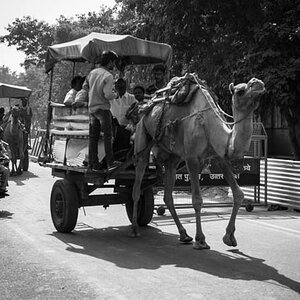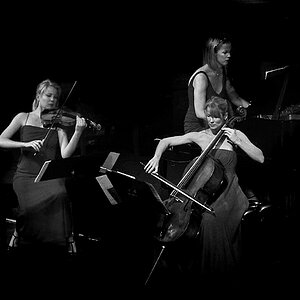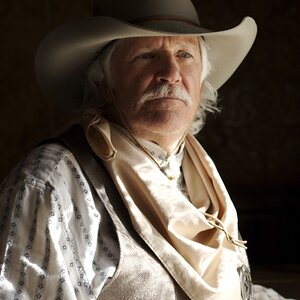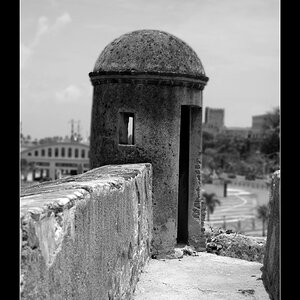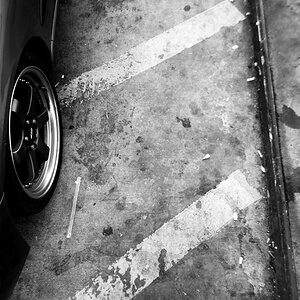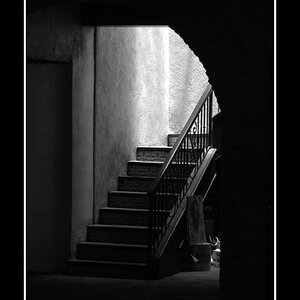- Joined
- Jun 7, 2012
- Messages
- 15,469
- Reaction score
- 7,848
- Location
- Central Florida
- Website
- www.flickr.com
- Can others edit my Photos
- Photos NOT OK to edit
Obviously both is best. duh.
But, one of the struggles of a photographer besides getting a quality picture, is developing consistent results.
So, just for the sake of argument, I propose the following inquiry...
Does, at some point, getting consistently "good" results become a better scenario than getting "great" photos, but inconsistently?
Does the level of higher quality become a factor? Does the frequency of the "great" photos become a factor?
Does the purpose of the photos make any difference? (personal -vs- commercial/clients)
If so, how much better and how frequent must the "great" pictures be, to overcome the advantages of producing consistent, but only "good" photos?
But, one of the struggles of a photographer besides getting a quality picture, is developing consistent results.
So, just for the sake of argument, I propose the following inquiry...
Does, at some point, getting consistently "good" results become a better scenario than getting "great" photos, but inconsistently?
Does the level of higher quality become a factor? Does the frequency of the "great" photos become a factor?
Does the purpose of the photos make any difference? (personal -vs- commercial/clients)
If so, how much better and how frequent must the "great" pictures be, to overcome the advantages of producing consistent, but only "good" photos?



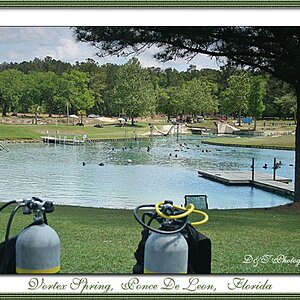
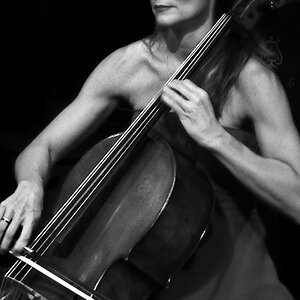
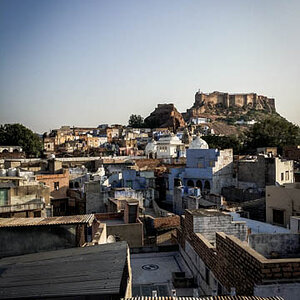
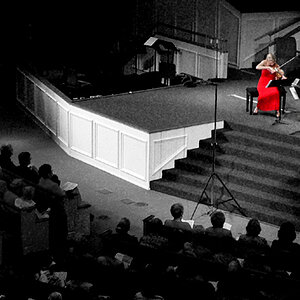
![[No title]](/data/xfmg/thumbnail/37/37491-9a5a4b87cc7adab94e5cc59f2da93701.jpg?1619738112)

